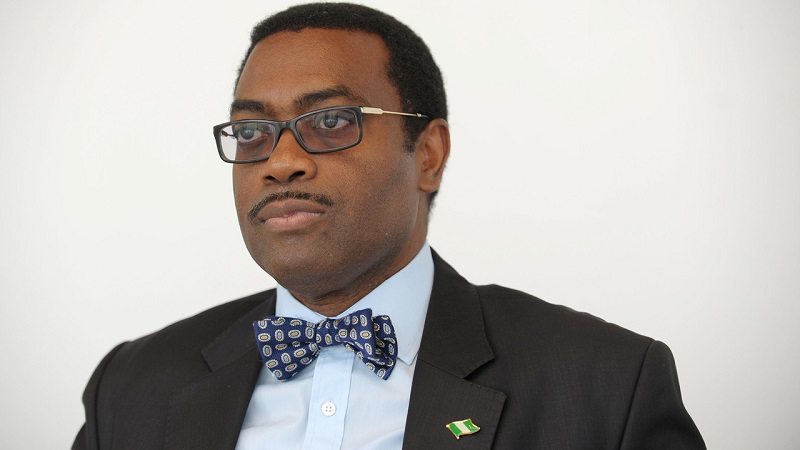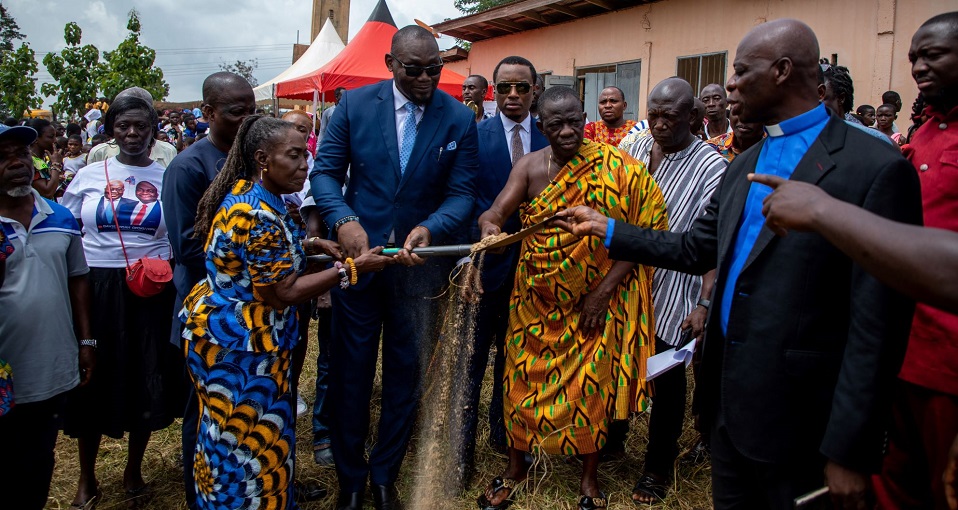By ONOME AMUGE
A new research has reported that Nigeria’s agriculture sector faces a financing deficit of N76 trillion or $183 billion, representing roughly 90 percent of total demand for agricultural finance, according to the research by Agric-Logic, a diversified agricultural research and consulting firm.
The totality of the Nigerian agriculture sector includes agribusinesses, crop and livestock production, aquaculture, staples for domestic processing and consumption, and cash crops for export value; and widely considered as a critical enterprise for economic development.
The research which was commissioned by the Embassy of the Netherlands to Nigeria, noted that the total demand for agricultural finance is about N83 trillion or $200 billion, a far cry from the total supply of agricultural finance estimated at N1.6 trillion or $4 billion, with an additional N6 trillion or $15 billion self-financed by entrepreneurs.
Having looked into historical data, current developments, and gathered insights from over 300 respondents in the agriculture sector, the report noted that while supply of agricultural finance has an average growth of 29 percent annually, its demand growth of 15 percent annually, renders it insufficient to catch up with the finance gap, which could double by 2027 unless critical measures are implemented towards boosting agricultural investments.
Emphasising the relevance of banks to agricultural finance in Nigeria, the report disclosed that banks are the largest provider of agricultural finance in Nigeria, with funds from financial institutions growing 35 percent annually, though agriculture only represents about five percent of their total loan portfolio.
It further stated that public schemes by the Central Bank of Nigeria (CBN), particularly the Anchor Borrowers’ programme, has served as a significant source of funds for agriculture and agribusiness, and the largest actor that is facilitating inputs credit to farmers and providing medium term finance to SMEs.
“These funds however do struggle with low repayment rates and as such have limited scalability,” the report noted.
The report attributed agriculture’s poor financing to the inability of players in the sector to meet up with collateral requirements of financial institutions, and lack of a rural branch network to facilitate an organised financing scheme.
It highlighted other challenges hindering agriculture finance in Nigeria to include:
A largely informal economy and entrepreneurship as Small and Medium-sized Enterprises (SMEs) in the agriculture sector are significantly contributing to gross domestic product (GDP), but often not registered and with limited scalability.
Market volatility, weather and supply chain dependencies which are agriculture risks that discourage investments in the sector.
Farming population dominated by smallholder/subsistence farmers leading to low productivity.
Strengthening agriculture finance towards efficient development
To ensure impactful financing in the agriculture sector, the report enjoined all stakeholders to focus on the most scalable and impactful solutions in each segment of the sector.
According to the Agri-Logic research, informal community funding schemes are the most appropriate solution for a large segment of smallholder farmers, and can be easily scaled by public and private extension services such as aggregators or input dealers on community level.
It also asserted that value chain finance can build on existing commercial structures, supported by micro finance banks (MfBs) to reach commercially viable smallholder farmers, while providing alternative collateral solutions and scalable data.
Though informal schemes and value chain finance have the largest impact on livelihoods and food security, the report stressed that banks and fintechs have the potential to contribute the largest supply of financing needed to bridge the financing gap in the sector.
To ensure this, it advised banks to increase investments and incentives in agricultural schemes and agribusiness, noting that an improved knowledge of agriculture operations and tools for agribusinesses and SME investing can support the growth of the sector.
Funds as an indirect investment vehicle was also suggested as a solution for banks who are not able to build agribusiness expertise.
Players in the agriculture sector were further advised to develop properly structured proposals that appeal to asset managers, pension funds, investment clubs and diaspora investments, to generate fundings.
These combined interventions, the report noted, can generate an additional supply of finance of N30 trillion or $73 billion by 2030, improve livelihoods for 50 million people, enable production of an additional 125 million metric tonnes of food, and contribute N35 trillion to the country’s GDP.



